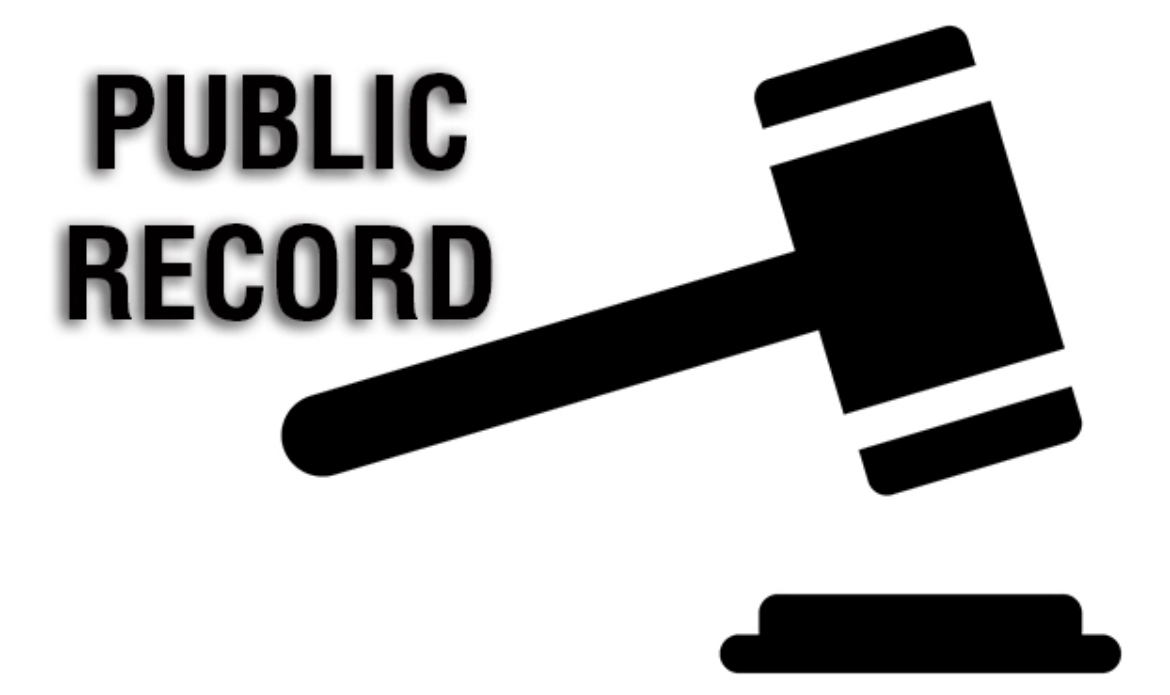
WDRB dissects the troubling professional history of a Jefferson County Public Schools elementary school principal who, in September, was removed from his daily duties, temporarily reassigned to the school district’s print shop, and forbidden from having contact with staff, parents and students.
https://www.wdrb.com/wdrb-investigates/jcps-principal-with-history-of-a…
Reporter Valerie Chinn’s acknowledges the importance of the open records law in her coverage.
JCPS denied Chinn’s request for records relating to the allegations that prompted the principal’s recent removal and reassignment — based on their “ongoing investigation” status — but released the principal’s personnel file.
“Documents obtained under the Kentucky Open Records Act” confirm district investigations of allegations of his abuse of students six times from 2009-19 — all ultimately deemed unsubstantiated or inconclusive.
JCPS was the subject of a similar open records request some thirty years ago, and the resulting published Kentucky Supreme Court opinion established an important legal principle.
In 1992, then-Courier Journal reporter R.G. Dunlop requested records “used by the Jefferson County Board of Education to impose discipline” upon past and present JCPS employees, including their employment histories and all grievances filed against them.
“On learning of the document request, the JCPS employees sought a commitment from the Board, on grounds of preventing an unwarranted invasion of their privacy, that the records would not be furnished. On refusal of the Board to make such a commitment with respect to any of the documents, the JCPS employees commenced litigation in the Jefferson Circuit Court to prohibit release of the documents sought.”
The Jefferson Circuit Court rejected the JCPS employees’ privacy claims in Beckham v Jefferson County Board of Education, declaring:
“The right of privacy does not extend to matters with which the public has a legitimate interest or concern. These people are school teachers entrusted with the care and control of the children of this community. The public has an absolute right to know into whose hands the Board of Education chooses to place the children of this community.”
On appeal, Kentucky’s Supreme Court concluded that the employees “having commenced litigation prior to release of the information sought, were entitled to be heard on their exclusion claims.”
https://law.justia.com/cases/kentucky/supreme-court/1994/93-sc-967-i-1…
In other words, a person whose records are requested under the open records law, and whose interests are arguably adversely impacted, has standing to assert his or her claim in the circuit court.
The Supreme Court returned the case to the Court of Appeals “for review of employees’ claims of trial court error with respect to disclosure of the documents produced by the Board of Education.”
Although we can find no confirmation, it is our understanding that the Court of Appeals found no error in the board’s decision to release the employees’ disciplinary records.
Certainly, since the Beckham case there have been few, if any, instances in which a public official or employee successfully asserted a privacy interest superior to the public’s right to know.
That right to know extends to ascertaining the nature of the allegations against the employee or official and to ensuring that the public agency to which the employee or official is or was attached thoroughly and fairly investigated the allegations and imposed appropriate discipline if the allegations were substantiated.


